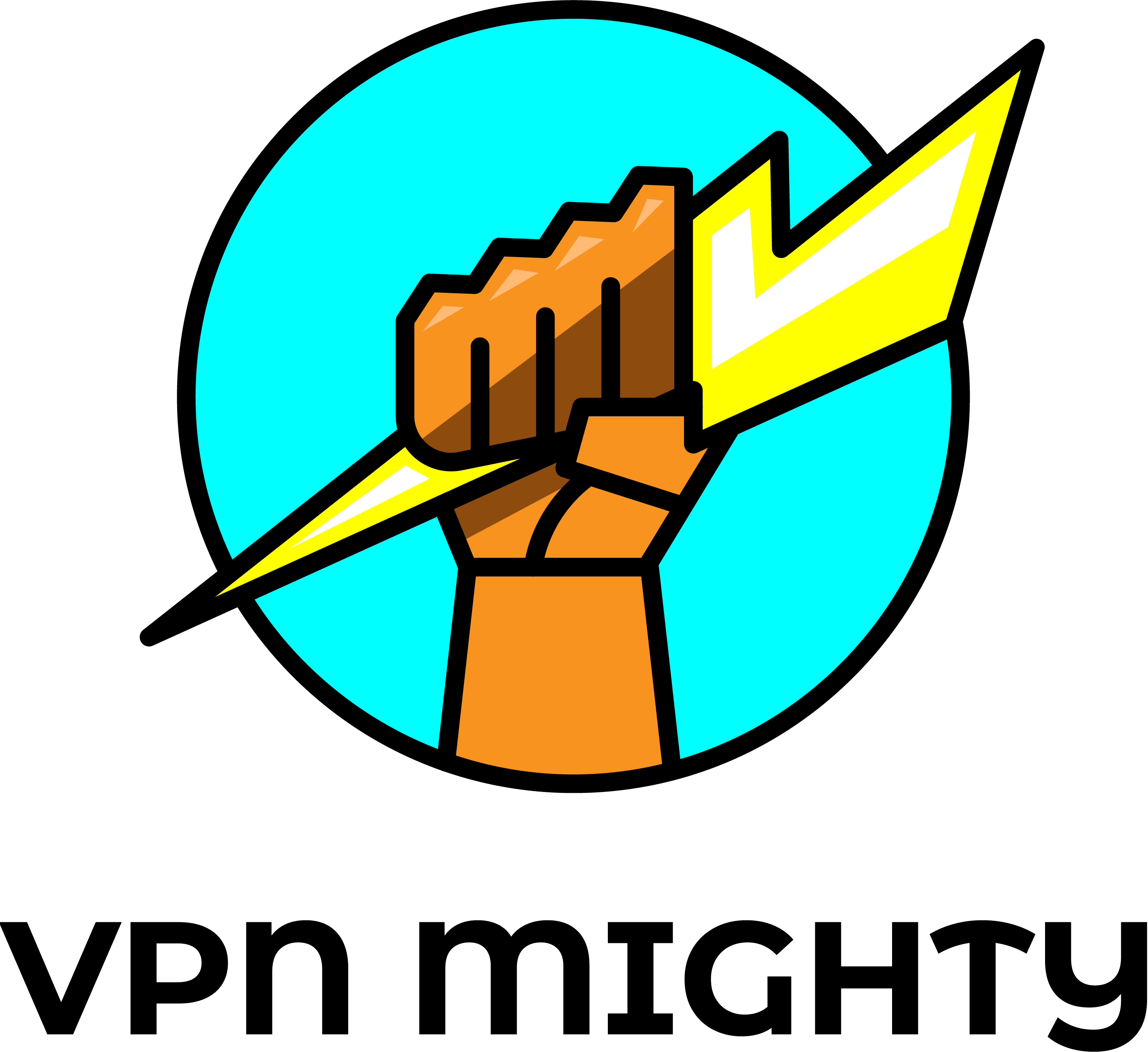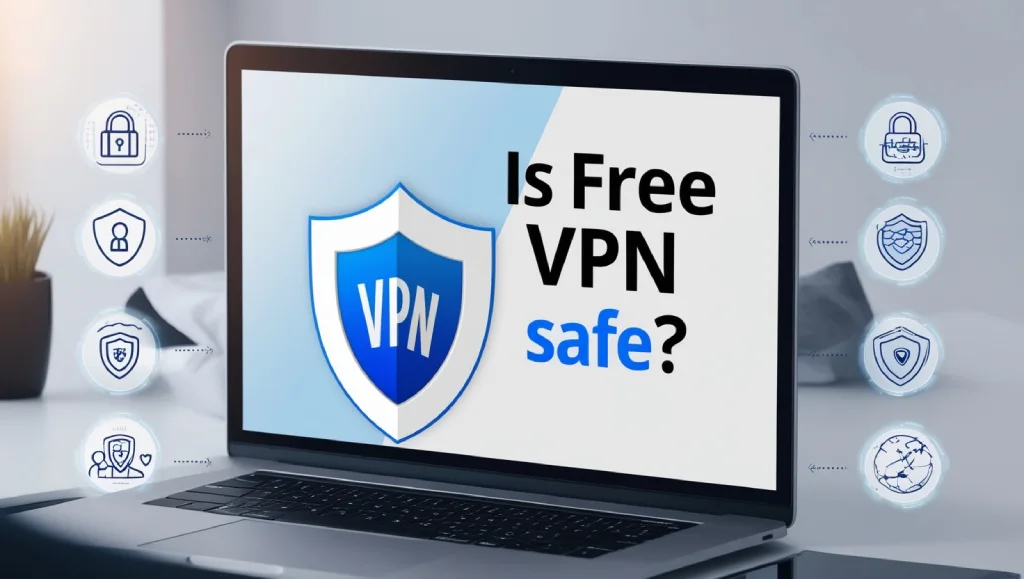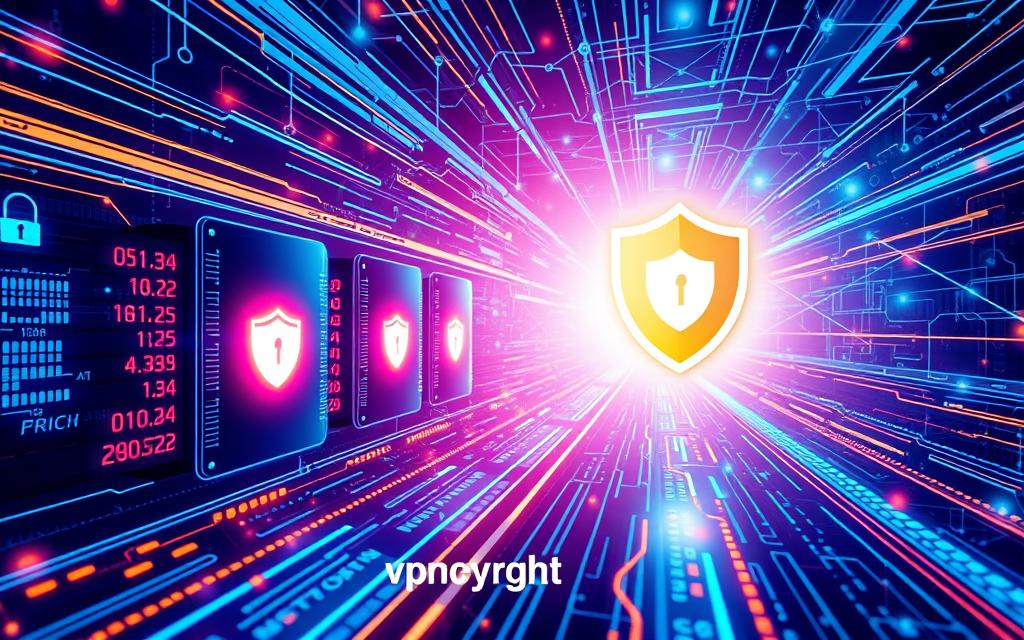Is Free VPN Safe? Risks & Alternatives
Is Free VPN Safe? Discover if free VPNs are truly safe, exploring privacy risks, data security, and safer alternatives to free VPNs. Protect your data with secure solutions.
In today’s digital world, privacy is more important than ever. With increasing concerns over data security and online surveillance, many people turn to VPNs (Virtual Private Networks) to protect their internet activity.
But what about free VPNs? Are they as secure as they claim to be? Is Free VPN Safe? It’s a question that internet users frequently ask, especially with so many free VPN options promising secure browsing.
Let’s dive into what you really get with a free VPN and explore whether it’s worth the potential risks.
Is Free VPN Safe?
Free VPNs often appear to be a good solution for secure browsing without extra cost. But before committing to one, it’s crucial to understand what’s behind the “free” label. Here’s a breakdown of the most pressing concerns:
1. Data Privacy Concerns
Data privacy is often the biggest concern for users considering a free VPN. Many free VPNs don’t have a strong privacy policy, meaning they may log user data and even sell it to third parties.
- Data Logging: Unlike paid VPNs, free VPNs often need to monetize their service. One common way is to track and sell user data.
- Third-Party Sharing: Some free VPN providers may share your browsing data with advertisers or other parties for profit.
2. Weak or No Encryption
Encryption is the backbone of VPN security. Paid VPNs generally offer strong encryption, ensuring that even if your data is intercepted, it remains unreadable.
- Weak Encryption Standards: Free VPNs may use outdated encryption, putting your data at risk.
- Potential for Data Breaches: Without adequate encryption, free VPNs leave data vulnerable to potential attacks.
3. Risk of Malware
Unfortunately, malware is a common issue with free VPNs. Some free VPNs inject ads that can include malicious software.
- Hidden Malware: Some free VPN providers use malware to track users or push ads.
- Invasive Ads: Frequent ads can lead to poor user experience and increase the risk of malware infection.
4. Slow and Unstable Connections
Free VPNs may have limited servers, resulting in slow and unstable connections due to network congestion.
- Limited Bandwidth: Many free VPNs restrict data usage, which can lead to lag and slow browsing speeds.
- Unreliable Connections: With fewer servers, free VPNs are more prone to dropped connections.
5. Lack of Customer Support
Free VPNs often lack the customer support that paid services offer. If you encounter issues, help may be hard to find.
Risks of Using a Free VPN
The risks associated with free VPNs can have serious implications on your data and security. Here’s an overview of the main risks:
- Increased Vulnerability to Cyber Threats
- Data Collection and Sharing with Advertisers
- Inadequate Encryption and Lack of Security Measures
These risks can often outweigh the benefits of using a free service. Without the resources for premium security features, free VPNs may leave users exposed to online threats.
Safer Alternatives to Free VPN

Instead of using a free VPN, consider these safer alternatives:
- Premium VPN Services: Paid VPNs generally offer stronger security, no data caps, and a strict no-logs policy.
- Browser Extensions with Built-in VPNs: Some browsers offer secure, limited VPN capabilities for safer browsing.
- Operating System-Level VPNs: Windows and macOS now offer VPN services to users, which can be a safer option than free VPNs.
Conclusion
When it comes to protecting your data online, choosing a reliable VPN is essential. Free VPNs can be tempting, but they often come with significant security risks, including data tracking, weak encryption, and malware.
Instead, consider investing in a trusted paid VPN service to ensure your online privacy. For a secure VPN experience, check out VPNMighty.com for options that prioritize your privacy and security.
FAQ
- Is a free VPN really safe?
Generally, free VPNs come with risks such as data tracking and weak security measures. - Do free VPNs keep logs?
Many free VPNs keep logs to sell user data to advertisers, so always check the privacy policy. - What’s the best alternative to a free VPN?
Paid VPNs provide better security, no data caps, and strict no-logs policies.




